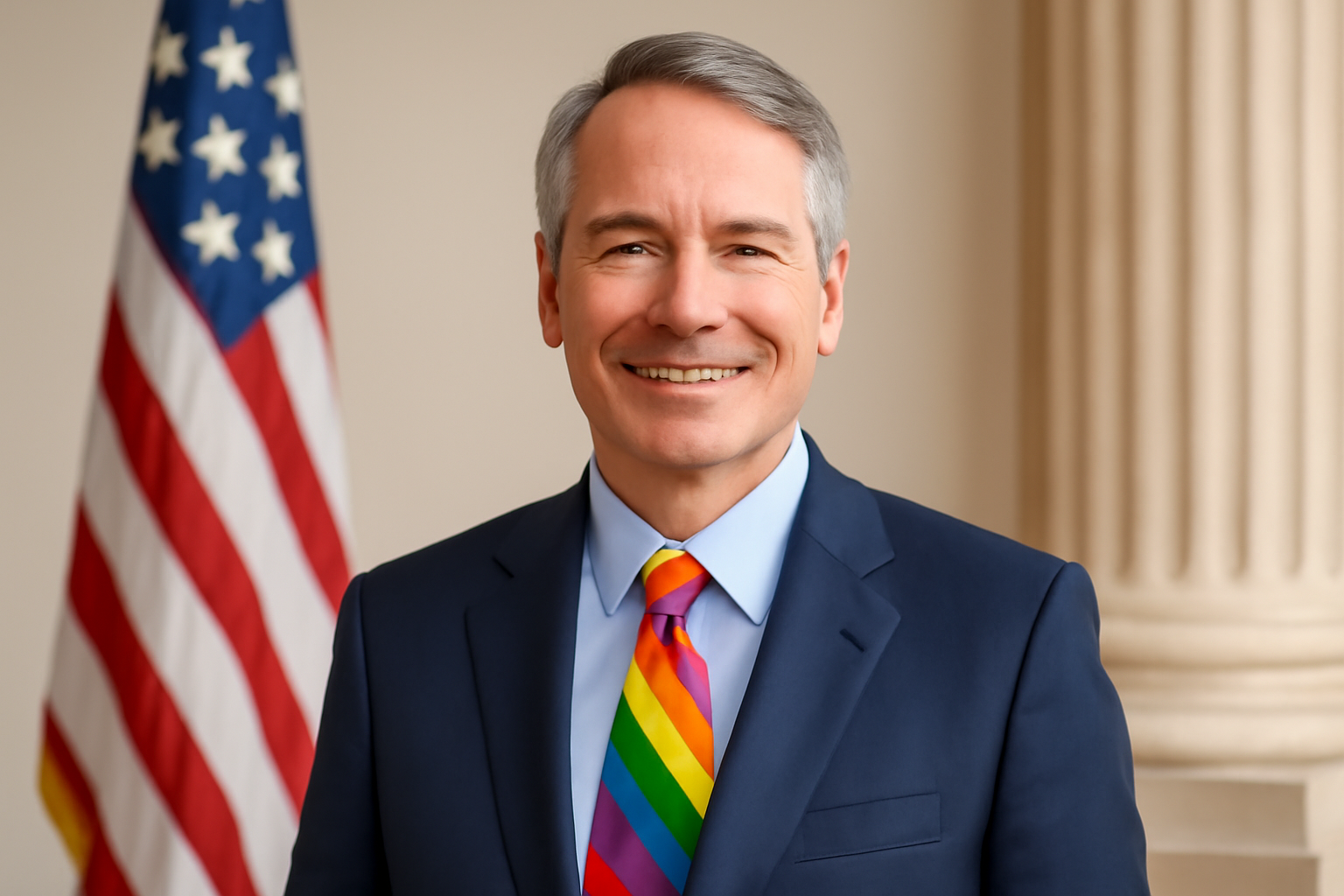
The Influence of Moderates in Contemporary Politics
The political landscape in the United States is undergoing significant shifts, with the role of moderates in the U.S. Senate becoming increasingly scrutinized. At the center of this conversation is the question of how moderate politicians navigate their positions in a polarized environment, and what it means for the legislative process as a whole. This article explores these dynamics, particularly focusing on how moderate senators are influencing decisions and policies in today’s political climate.
The Position of Moderates
Moderate senators often find themselves in a challenging position. They are tasked with representing constituents who may have diverse political views while also needing to work within a party system that often demands strict adherence to party lines. This balancing act can lead to critiques from both sides of the political spectrum. On one hand, they are expected to uphold the values of their party, and on the other, they are urged to reach across the aisle to foster bipartisan solutions.
In recent times, the influence of moderates has been both praised and criticized. Some see them as vital bridges in an era of divisiveness, while others view them as obstacles to more decisive action. The impact of their decisions carries significant weight in shaping the legislative agenda.
Moderates in the Current Senate
The current composition of the U.S. Senate includes several key moderates whose decisions are pivotal in passing legislation. These senators often hold the swing votes needed to either advance or block bills. Their influence is particularly noticeable in times when the Senate is closely divided, and every vote counts.
Critics argue that some moderates, by attempting to satisfy both sides, end up contributing to legislative gridlock. They may be seen as hesitant to support bold, progressive reforms or, conversely, as barriers to conservative initiatives. This perception can lead to frustration among constituents who desire more decisive action.
The Impact on Policy
The presence of moderates can significantly affect the types of policies that are prioritized and passed. They have the power to sway decisions on critical issues, such as healthcare, voting rights, and climate change. Their support or opposition can determine whether such policies see the light of day.
For instance, in discussions about healthcare reform, moderates may advocate for incremental changes rather than sweeping overhauls. This approach can frustrate advocates for comprehensive reform but may align more closely with the views of a diverse electorate. Similarly, on issues like voting rights, moderates might push for bipartisan support to ensure broader acceptance and implementation.
Challenges Faced by Moderates
One of the significant challenges moderates face is the pressure from both party leaders and constituents. Party leaders often apply pressure to secure votes for party-backed initiatives, while constituents may demand adherence to their specific values and interests. Navigating these pressures requires political acumen and a deep understanding of the issues at hand.
Additionally, moderates must contend with the risk of being perceived as indecisive or opportunistic. This perception can affect their political careers and their ability to influence future legislation. The need to maintain credibility and relevance in a rapidly changing political environment is paramount.
The Future of Moderation in Politics
Looking ahead, the role of moderates in the Senate and politics, in general, will continue to evolve. As the nation grapples with complex challenges, the ability of moderates to bridge divides and foster consensus will be crucial. However, this role will also require adaptability and a willingness to engage in meaningful dialogue with all sides of the political spectrum.
In conclusion, while the path of a moderate senator is fraught with challenges, their role remains indispensable in the pursuit of balanced and thoughtful governance. Whether they are seen as facilitators of progress or as hindrances will depend largely on the outcomes they help achieve and the perceptions they shape among their constituents.
Related Posts
"Wicked": Unveiling Fiyero's Destiny - Hidden Clues You May Have Overlooked
Have you ever been swept away by a story that leaves you unraveling clues long after it ends? That's exactly what "Wicked" does with its enchanting narrative, unforgettable songs, and complex characters. Among them, Fiyero stands out as a charming prince whose surprising metamorphosis by curtain fall makes us wonder: were there hints about his fate scattered throughout? Let's dig deep and see if " [...]
Triumphant Trans Woman Wins Legal Battle and Inspires Others to Stand Up for Their Rights
Breaking new ground: a landmark victory in transgender rights After battling in courtrooms and enduring endless challenges, Diana Portillo, a transgender woman, has secured a monumental victory in her decade-long fight against workplace discrimination. The result? Nearly $1 million awarded in a historic settlement. But this isn't just a win on paper—it represents a powerful precedent in combati [...]
Pride Month in Latin America: Protests and Demands for Equality
**Celebrating Pride and advocating LGBTQ+ rights in Latin America** Pride Month in Latin America was a lively mix where celebration met activism. Communities united, not just throwing a party but making a stand—demanding equality and pushing governments toward better protection and rights recognition. Throughout Latin America, pride events erupted in marches and cultural displays, each with a c [...]